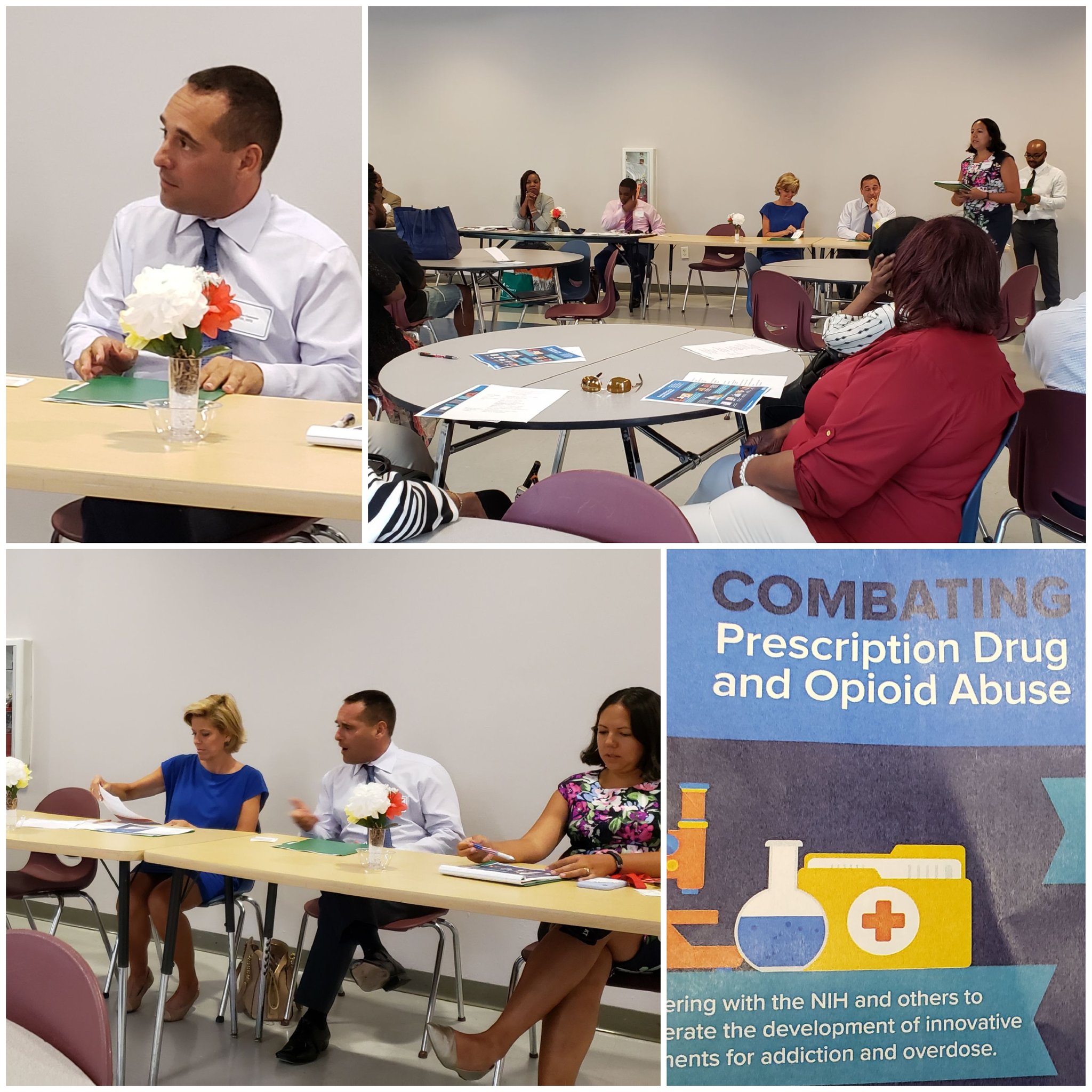Opioid Policies

Much like the rest of the United States, residents of the District of Columbia are struggling with substance use disorder (SUD) rate increases and high rates of opioid-related deaths. Unfortunately, these are multi-faceted issues that require year-long initiatives and systematic programs to address the myriad causes of addiction.
MSDC stands as a partner to the District government and private entities to help arrest the rates of opioid and substance abuse in the District. Through our advocacy for better prescribing practices, education on addiction, and even helping our own community through our Physician Health Program, MSDC is working to make DC a leader in reducing SUD, OUD, and addiction.
On a related note, MSDC is passionate about helping patients make prescriptions and medication more affordable. Whether expanding access to biosimilars or advocating for more affordable co-pays, MSDC wants to help our patients afford the medications they need.
MSDC Statement and Testimony on Opioid and Prescription Issues
25th Council information coming soon
Mayor Bowser Issues Emergency Order Addressing MedStar's MCO Status
On Wednesday, DC Mayor Muriel Bowser issued an emergency order ordering the Deputy Mayor of Health and Human Services to address the contractual dispute that would see MedStar not accept non-emergency Medicaid patients.
The order, seen here, directs Deputy Mayor Wayne Turnage to, "take such actions and implement such measures as may be necessary or appropriate to protect the health and safety of persons in the District of Columbia". The basis of the emergency order is the ongoing pandemic public emergency.
MedStar Family Choice was one of three insurers chosen for the District's managed care contract in 2020. However, a contract protest led to MedStar's removal as one of the MCOs this year. In August, MedStar informed the other two MCOs that it was terminating its contract with them, meaning Medicaid and Alliance beneficiaries would not have in-network access to MedStar facilities except for emergency room admissions. The Mayor's order in essence would extend that MedStar MCO contract for nine months past the September expiration date.
On Thursday, MSDC joined the DC Hospital Association, DC Primary Care Association, DC Behavioral Health Association, and DC Health Care Association in a joint letter to the Mayor and Council. The letter does not take a position on the contract dispute but rather urges both branches of government to work together on a long-term solution. The letter states:
We are still in the midst of the COVID-19 pandemic and it’s more important than ever to make certain there is no disruption for Medicaid beneficiaries and District residents who need access to all the essential primary, specialty and hospital care services and related support services. As the City’s largest group of health care providers, we recognize firsthand the lingering impact and negative consequences that limited access and delayed care can have on a patient’s health outcome. We can ill afford to create any barriers that will interfere with current or future health care visits, screenings, procedures, hospitalizations, or other necessary services. All patients, regardless of their health care plans, must have access to health care services when and where they need them. We must remain committed to addressing health care inequity and reduce barriers to care, not increase them.
The Deputy Mayor's office recently shared it is exploring reopening the contracting process to add substance abuse and behavioral health services to the contract. MSDC is planning a webinar on the ongoing MCO process and will share details when it becomes available.
Sample of Legislation MSDC Tracked on Opioid and Prescription Policy
What does it do? The bill authorizes licensed pahrmacists to dispense interchangeable biological products and requires notifications to physicians when such interchangeables are dispensed.
MSDC position: MSDC has a position of priority support on this legislation, identifying its passage as one of its highest legislative priorities.
Current status: SUCCESS. The bill was passed by the Council and signed by the Mayor.
What does it do? The bill requires prescription opioid medications to include a statement that the drug is an opioid and opioids may cause dependence, addiction, or overdoes.
MSDC position: MSDC supports the legislation.
Current status: The bill had a hearing before the Committee on Health on July 29, 2020. MSDC leader Dr. Sam Kareff testified for the Medical Society. It passed the Council on November 10 and was signed by the Mayor December 7.
What does it do? The bill prohibits insurance companies from factoring the use of PreP in decisions related to disability, life, or long-term care policies.
MSDC position: MSDC supports this legislation
Current status: The bill was introduced on January 8, 2019 and assigned to the Committee on Business and Economic Development.

Leave a comment